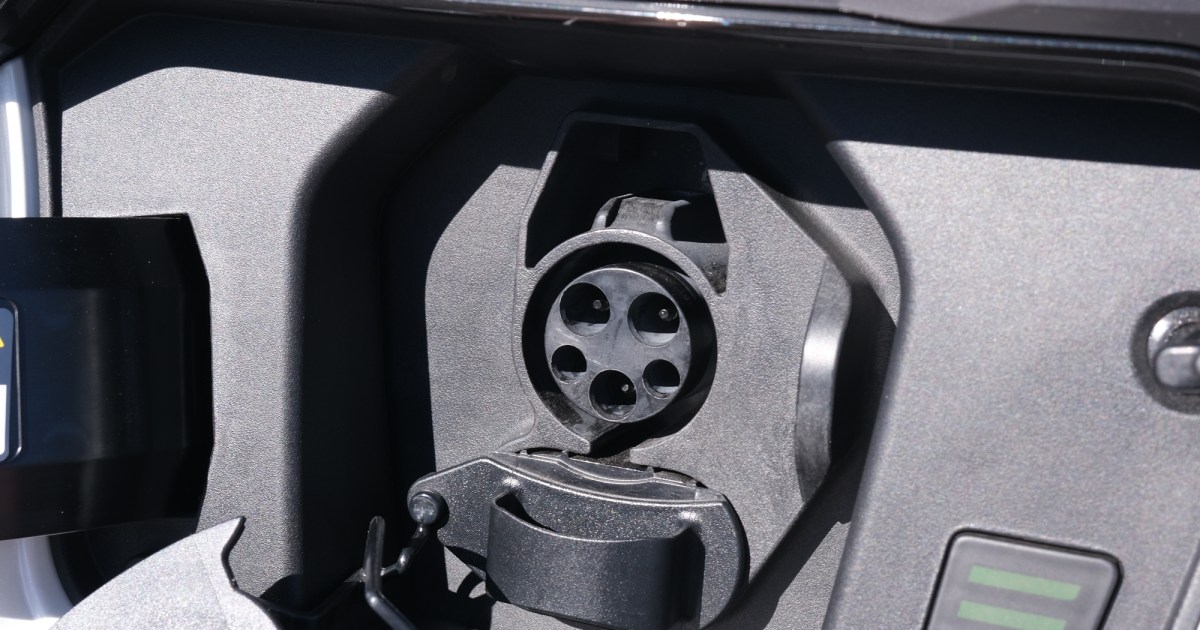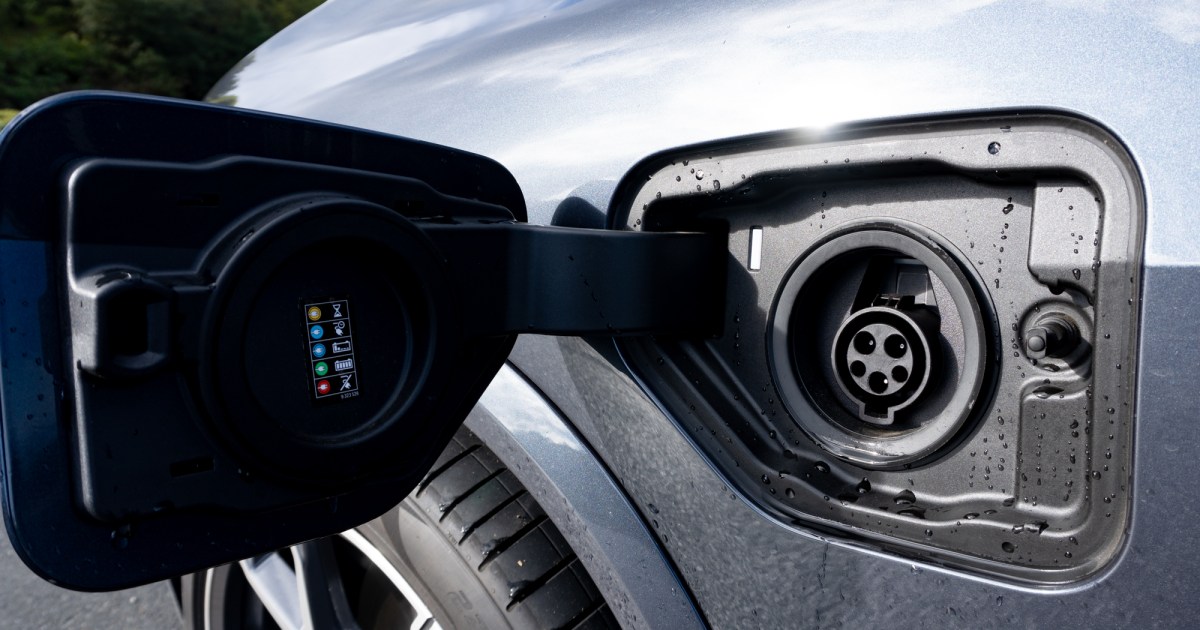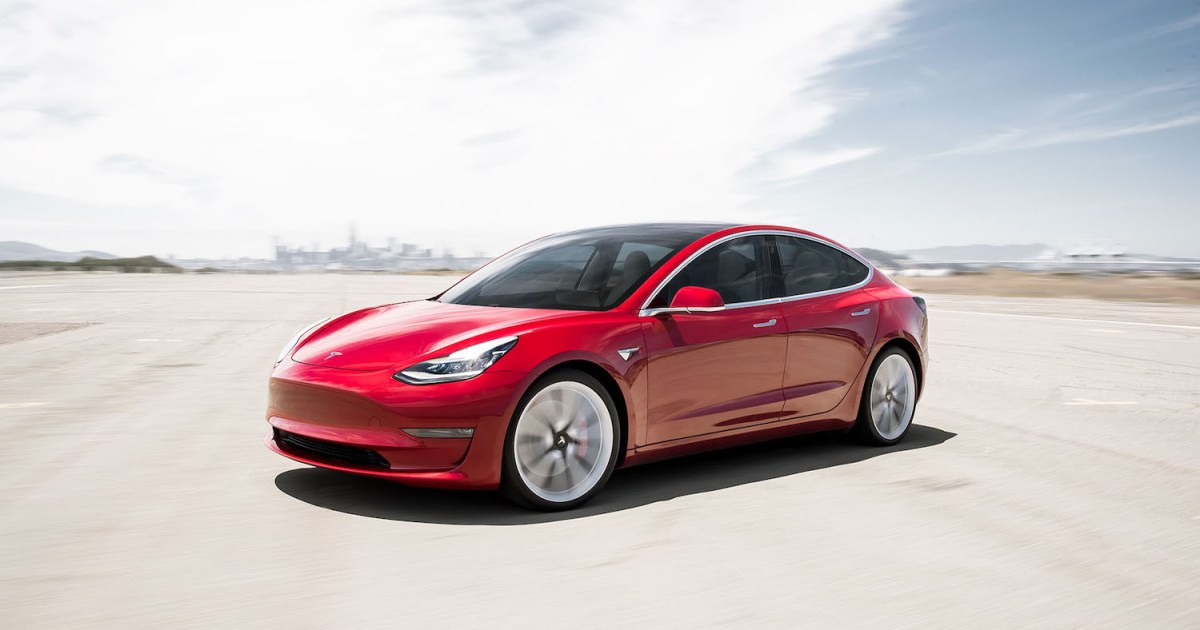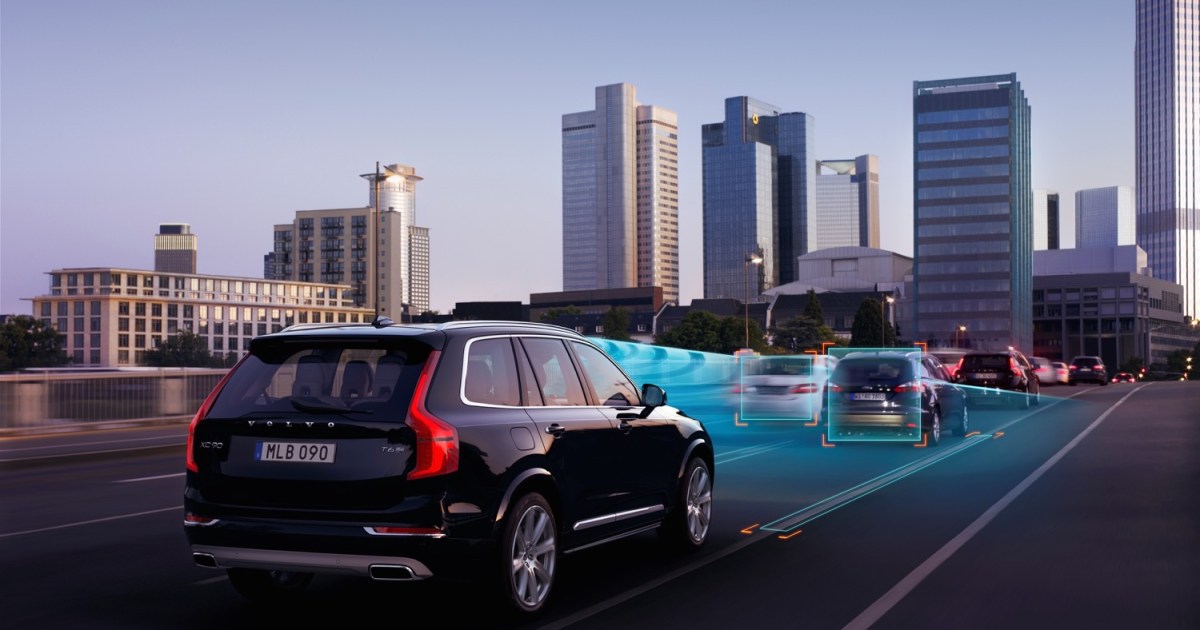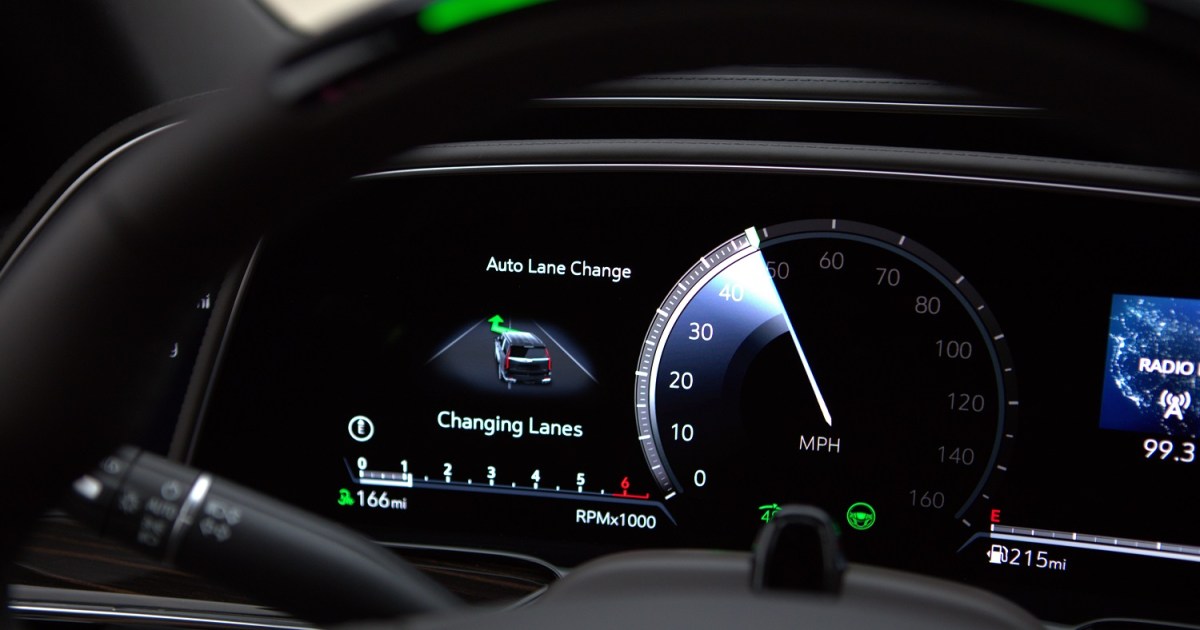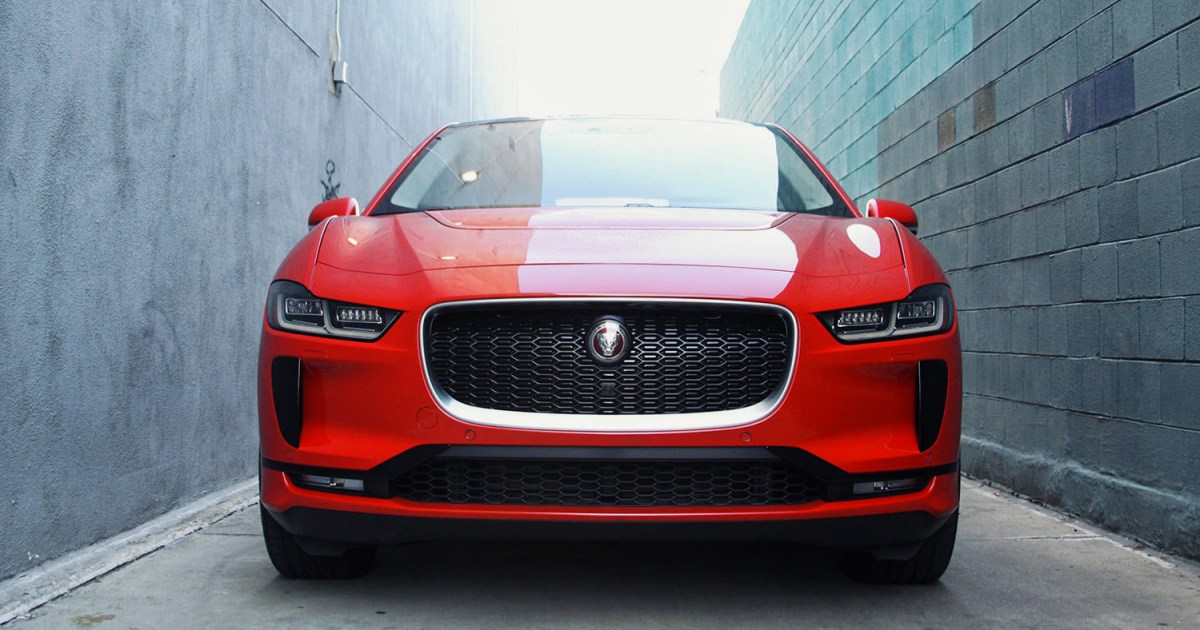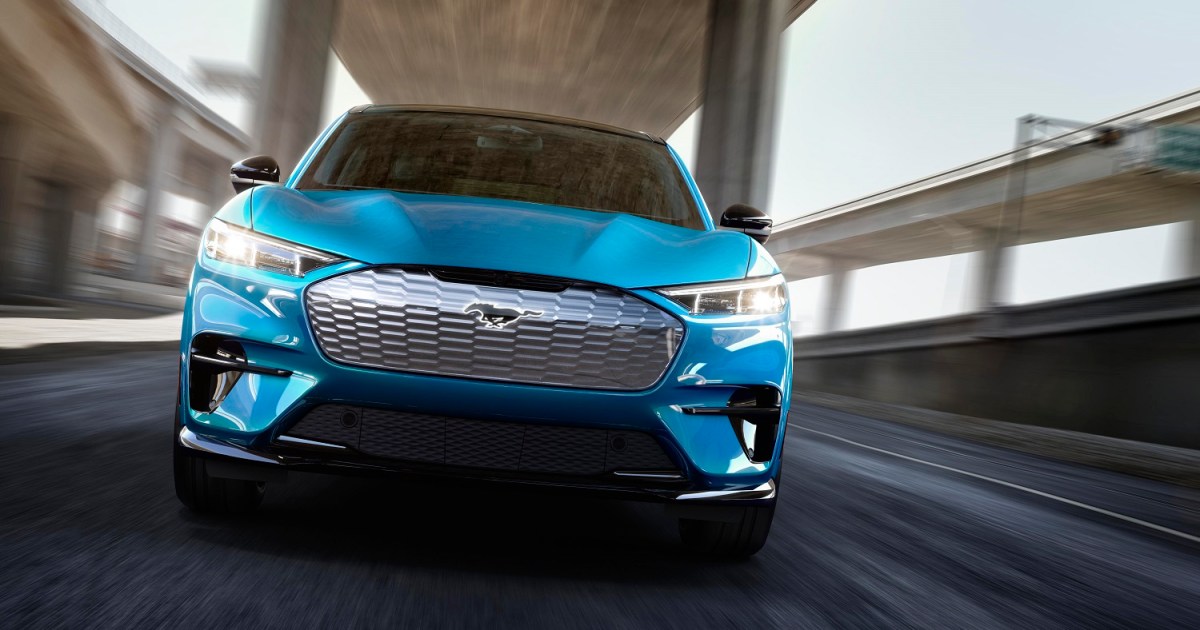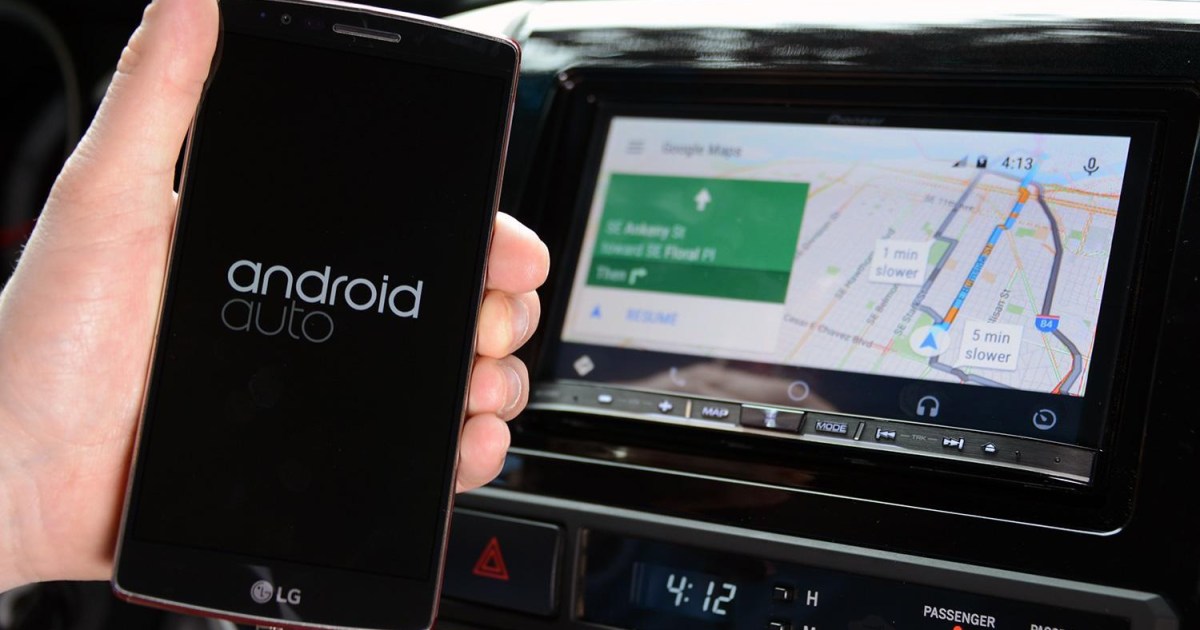The automotive world is rapidly transitioning to electric power, with electric vehicles (EVs) leading the charge. At the heart of every EV lies its battery, the powerhouse driving everything from the motor to the infotainment system and climate control. But what fuels these batteries? This article delves into the different types of electric car batteries, examining their strengths and weaknesses.
Lithium-ion and nickel-metal hydride (NiMH) are the two primary battery types currently powering EVs. As EV technology advances, so does battery technology, pushing the boundaries of range and performance. Let’s explore these two battery chemistries.
Lithium-ion Batteries: The Current Champion
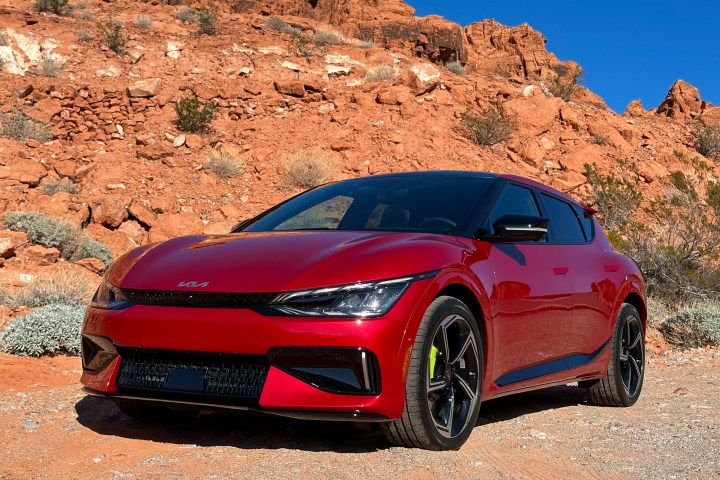 Front three-quarters view of a 2023 Kia EV6 GT in a desert setting.
Front three-quarters view of a 2023 Kia EV6 GT in a desert setting.
Lithium-ion batteries have become the industry standard for EVs, offering significant advantages. Their high energy density allows for longer driving ranges on a single charge, a key factor for consumer adoption. Furthermore, their low self-discharge rate ensures the battery retains its charge even when the vehicle is not in use.
However, lithium-ion batteries face challenges. Sourcing raw materials like lithium and cobalt presents environmental and ethical concerns due to the mining processes involved. The battery production itself also contributes to a significant carbon footprint, potentially offsetting some of the environmental benefits of EVs. Additionally, lithium-ion batteries degrade over time, leading to reduced range and charging capacity, eventually necessitating costly replacements. Despite these hurdles, ongoing research and development promise continued improvements in lithium-ion technology.
Nickel-Metal Hydride Batteries: A Durable Alternative
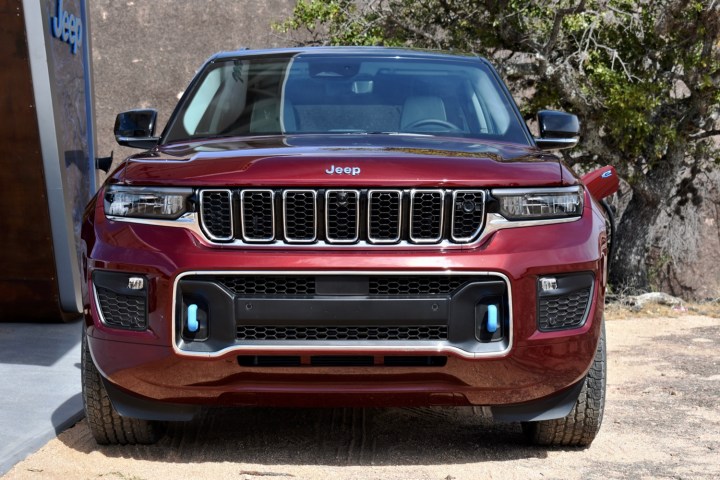 Front view of the 2022 Jeep Grand Cherokee 4xe plug-in hybrid.
Front view of the 2022 Jeep Grand Cherokee 4xe plug-in hybrid.
Nickel-metal hydride (NiMH) batteries, a long-time favorite in hybrid vehicles, have also found application in some EVs. Renowned for their robustness and durability, NiMH batteries boast a long cycle life, withstanding numerous charge and discharge cycles before performance begins to wane. They also deliver high power output, contributing to quick acceleration and strong overall performance.
However, NiMH batteries fall short in certain areas. Their lower energy density compared to lithium-ion translates to shorter driving ranges, a potential concern for drivers. A higher self-discharge rate means they lose charge faster when not in use, a disadvantage for vehicles parked for extended periods. NiMH batteries are also sensitive to temperature extremes, impacting performance and lifespan. While not reliant on cobalt and lithium, their nickel dependency still raises environmental concerns regarding mining practices.
While widespread adoption of NiMH batteries in EVs is unlikely, they may continue to play a role in hybrid vehicles where high energy density is less critical.
Conclusion: The Future of EV Batteries
Both lithium-ion and NiMH batteries have contributed to the advancement of electric vehicles. Lithium-ion currently dominates the market due to its higher energy density and longer range, while NiMH offers durability and high power output. Ongoing research and development continue to refine both technologies, addressing their limitations and pushing the boundaries of EV performance. The future of EV batteries likely lies in further advancements in lithium-ion technology, along with the exploration of alternative battery chemistries to enhance range, performance, and sustainability.



